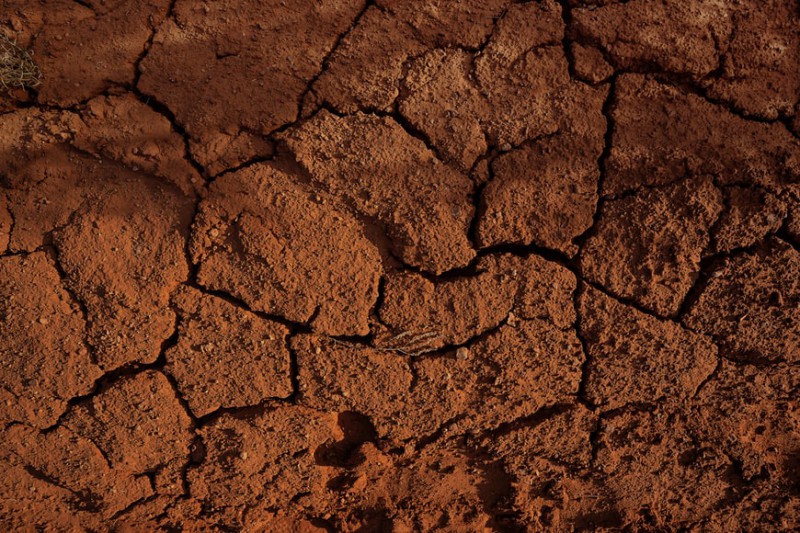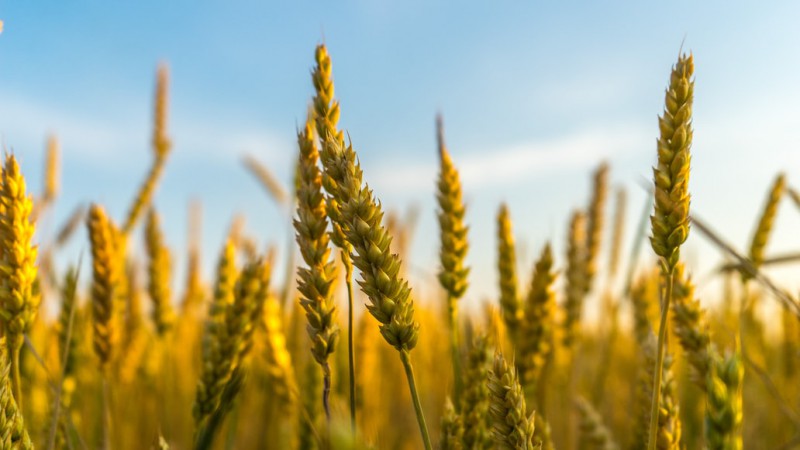Unfortunately, bacteria are some of the most common causes of infections and food spoilage. Therefore, they get a bad rep all around. But, what people fail to realize is that there are so many good bacteria making our everyday life better. Hence, here are the top ten ways they can be helpful.
10. Cheese Production
People around the world consume fermented dairy products daily. However, many fail to realize that bacteria make this possible! A particular type called lactic acid bacteria converts lactose from milk into lactic acid. This sudden increase of lactic acid causes milk to become more acidic while its proteins coagulate.
These coagulated proteins are the first and most crucial step to creating cheese. The bacteria used in the process determine its characteristics and taste. As there are so many types of these bacteria, there are as many types of cheese. Who knew bacteria could help produce something so delicious!
9. Making Soy Sauce
Soy sauce is another staple ingredient in cuisines around the world. Similar to the cheese-making process, bacteria have a big say here. Therefore, soybeans go through a fermentation process to produce soy sauce. To ferment means utilizing microorganisms to convert their natural food source into something of use to humans. In this case, the recipe calls for some molds, yeasts, and lactic acid bacteria.
Once the microorganisms have done their job, this mixture is brewed and salted. The soy sauce will have a different flavor depending on the microorganisms used. Their variety is why every region has very different soy sauce aromas and after tastes.
8. Giving Soil More Nutrients
 This is what soil would look like without bacteria (Photo by Clay Banks on Unsplash)
This is what soil would look like without bacteria (Photo by Clay Banks on Unsplash)
If someone were to take a spoonful of soil, they would encounter millions upon millions of bacteria. What are these tiny organisms doing there? The simple answer is - that's their natural habitat. Bacteria are no different from other living beings; they adapt to their surroundings, giving them unique abilities. In this case, bacteria living in soil have a specific means of feeding themselves.
As a byproduct of this mechanism, they produce certain nutrients. These nutrients are rich in nitrogen which is like a drug for plants. If the soil has plenty of nitrogen, the plants will have what to use to grow. These tiny organisms providing the soil with just the right stuff make agriculture possible.
7. Producing Antibiotics
Antibiotics are well-known chemicals that kill bacteria and treat bacterial infections. Then how come bacteria produce antibiotics if they can kill them? The answer lies in the complexity of the bacteria in the world. There are so many types of them in all kinds of places, such as ground, water, and living beings. These bacteria need nutrients to survive, but not all can get them.
The lack of nutrients is why they have developed complex systems of producing antibiotics - to kill one another. Bacteria's ability to produce antibiotics to compete for nutrients is nowadays the staple of pharmacology. Thanks to them, antibiotics are now mass-produced, and people can live much longer.
6. Probiotics Are Bacteria
As we know, bacteria have a significant role in medicine. They are the primary source of antibiotics, but it doesn't stop there. There are more bacteria cells in the human body than in human cells. Yet, most of these bacteria are good bacteria that sometimes suffer the consequences. For example, lack of gut bacteria is often a result of prolonged antibiotic use. The absence of good bacteria is why doctors prescribe a probiotic in these instances.
Probiotics are nothing less than a mixture of good gut bacteria. They are stored in a capsule resistant to stomach acid and safely travel to the gut. The capsule can now break, and the good bacteria balance is fine again.
5. As Biopesticides
 Biopesticides are the healthy alternative to chemical pesticides (Photo by Ant Rozetsky on Unsplash)
Biopesticides are the healthy alternative to chemical pesticides (Photo by Ant Rozetsky on Unsplash)Biopesticides are the future of pesticides. There are a few types of them, one of them being microbial pesticides. In other words, farmers use specific bacteria to prevent harmful larvae and other pests from harming crops. These particular bacteria can produce proteins, which specifically target some insect species before they have the chance to grow.
More specifically, bacterial strains of Bacillus thuringiensis kill moth larvae and eliminate larvae of flies and mosquitoes. Bacterial pesticides are far less toxic than common chemical pesticides, do not pollute the environment, and are pretty efficient.
4. To Produce Biogas
The world is facing a severe pollution problem. The growing concern is why many companies have created renewable energy sources, including biogas. Luckily, certain plants can make it in a specific process called anaerobic digestion. Even though this may sound complex, it's pretty straightforward. Therefore, particular bacteria living in the absence of oxygen (like those found in soil) break down biodegradable material.
This biodegradable material is some waste product used to feed the bacteria and help them grow. Once they do, they produce large amounts of their waste, none other than biogas. This process is incredible since it creates energy from literal waste, and it isn't costly.
3. For Botox Treatment
Botox is a well-known substance that all plastic surgeons use daily. But what is botox? Botox is a byproduct of a particular type of bacteria called Clostridium botulinum. It is, in fact, a neurotoxin - it prevents muscle contraction. This way, it can cause muscle paralysis.
Botox is a powerful substance, as about 100 grams can kill the entire population! However, when used in very, very small amounts, it can paralyze specific muscles in the body, such as facial muscles. This way, it postpones their aging by their decreased use.
2. To Clean Oil Spills
There are millions of bacteria types in the world. Some are pretty simple and live in the earth, water, and living beings, but others are more complex. These complex bacteria live in harsh conditions like frozen lakes and even volcanoes. Consequently, scientists have concluded that bacteria will learn to live off of anything with enough time. A unique strain called Alcanivorax borkumensis can even break down oil!
This bacteria works its magic by eating oil from oil spills, justifying its spell-like name. It lives in oceans, mostly polluted by leaked oil, gradually breaking it down. Scientists are working very hard to make these bacteria more efficient to clean up big spills in no time.
1. In Gene Therapy
Gene therapy is a specific therapy used to treat complex diseases such as cancer. This is because the information from genes gives the patient instruction to produce specific proteins. Hence, particular genes can build proteins that target the tumor. Even though this sounds slightly futuristic, it only faces one problem - the genes break down quite easily in the body. However, scientists are now using bacteria to save the day.
Bacteria have a unique form of a gene called a plasmid. This circular DNA molecule is less likely to break down while being administered, making bacteria a key ingredient in producing them for cancer therapy.
From food production to agriculture and medicine, bacteria have many essential roles in maintaining society fed and healthy. Not all bacteria are harmful, many are, in fact, indifferent, but these specific strains are beneficial to humanity.
Did you know about some of these top ten facts? Which one surprised you the most?
Cover photo: CDC/Unsplash